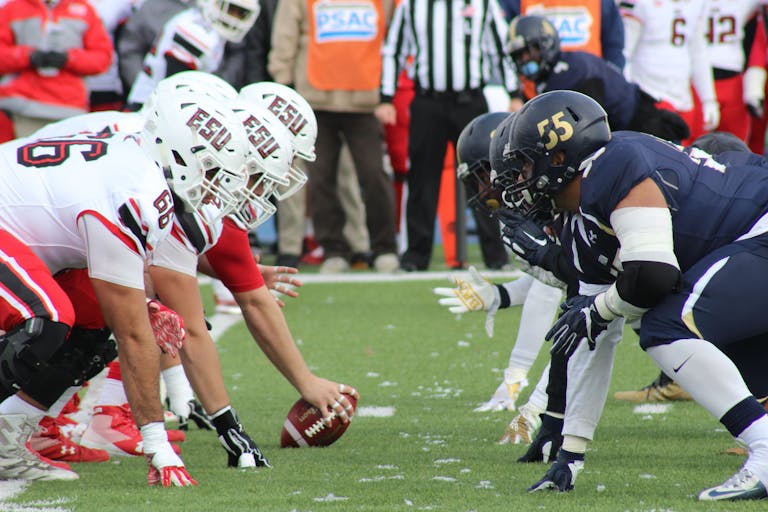Money Moves Playbook: The Essential Guide for Athletes and Families

Money Moves Playbook: The Essential Guide for Athletes and Families
Financial success isn’t luck—it’s discipline, habits, and teamwork. In the NIL era, athletes and their families have more opportunities (and more risks) than ever before. Whether you’re handling scholarship stipends, side jobs, or big NIL deals, you need a playbook that turns money into freedom, not stress.
Here’s the step-by-step guide to mastering money moves as an athlete family—simple, effective, and built to last.
1. Make Your Money a Team Sport
Athletes win when they work together—money is the same.
- Set family financial goals: A new car, debt-free graduation, building a savings cushion, or investing for the future.
- Share the plan: Involve everyone, from parents to athletes to siblings, in budgeting, saving, and spending decisions.
- Schedule money talks: Make it a regular check-in, not just a conversation after a problem.
2. Build Your Budgeting Muscle
- Track all income: Scholarships, NIL, jobs, and gifts.
- Assign every dollar: Essentials (rent, food), goals (savings, investing), and wants (fun, travel, treats).
- Review monthly: Where did you overspend? What can you cut or shift next month?
Pro Tip:
Use apps or Google Sheets to make budgeting simple and transparent for the whole family.
3. Save First, Spend Later
- Treat saving like a “bill”—set up automatic transfers to a savings or investment account as soon as money comes in.
- Aim for a basic emergency fund: $500–$1,000 at first, then build from there.
- Label your savings: For example—“spring break,” “gear upgrade,” or “first car”—this helps you stay motivated.
4. Invest Early—Let Time Do the Heavy Lifting
- Open a Roth IRA or brokerage account when you have earned income (NIL, jobs).
- Set a percentage of every payment for investing—start small, but be consistent.
- Keep it simple: choose low-fee index funds or ETFs, not complicated or high-risk options.
5. Track Every Deal and Every Dollar
- Keep a running list of all NIL agreements, scholarship stipends, and side gig income.
- Save every contract, receipt, and email related to your athlete money—tax time will be easier, and you’ll spot problems faster.
- Review deals with a trusted advisor before signing.
6. Mind Your Taxes and Stay Organized
- Set aside 25–30% of all NIL and side gig money for taxes—don’t spend it.
- File every year, even if you made little or no income—learn the basics now, before the numbers get bigger.
- Parents: Help your athlete build tax skills, but let them take ownership.
7. Protect the Bag: Guard Against Scams and Bad Deals
- Never sign anything you don’t understand—always get a second opinion.
- Watch for hidden fees, exclusivity clauses, and long-term commitments in NIL contracts.
- Don’t share your bank info or Social Security number unless you’ve verified the deal and the company.
8. Give Every Family Member a Role
- Athletes: Track your income and expenses weekly.
- Parents: Lead tax and contract reviews.
- Siblings: Help research savings tools or scholarships.
- Celebrate wins and problem-solve together.
9. Adjust Your Game Plan Every Season
- College sports and NIL change fast—review your goals and budget each semester.
- Prepare for income swings (off-season, after graduation) by saving extra when the money is good.
10. Think Long-Term—Money Is About Freedom
- Set goals beyond sports: traveling, starting a business, buying a home, or giving back.
- Invest in learning—read, watch, and ask questions about money.
- Every smart move now makes the next season (and the next chapter) easier.
Final Thoughts
Athletes don’t just win with talent—they win with preparation, teamwork, and the right playbook. Money works the same way. Whether you go pro, retire after college, or build a business, your family’s money moves will define your opportunities. Start now, keep it simple, and build habits that win for life.






